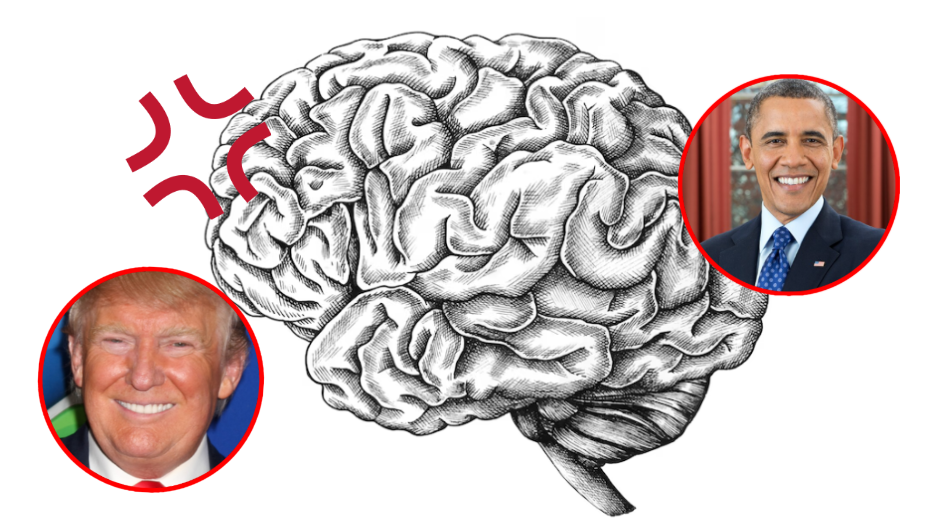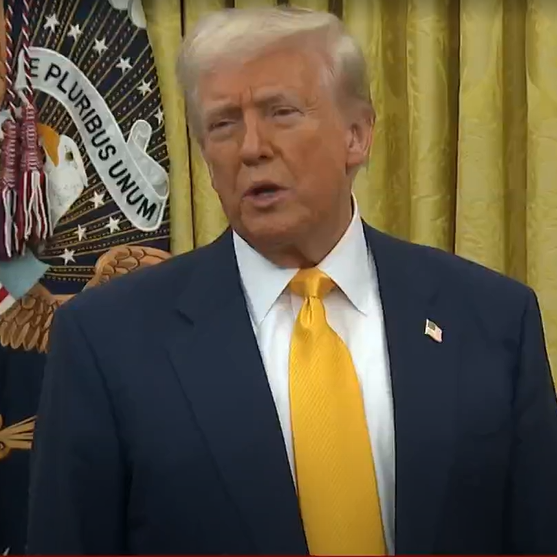How Does Our Brain Behave When it Comes to Politics?

© Rawpixel / Freepik, Kathy Hutchins / Vecteezy, & Public Domain
In The Ideological Brain, cognitive neuroscientist Leor Zmigrod poses a daring question: What if our political leanings aren’t just about where we’re from but who we are, deep in our neural wiring?
Drawing on years of empirical research, Zmigrod dives into the psychology of belief, arguing that ideology isn’t simply inherited or taught; it may be embedded in the way our brains process the world.
Your Brain Is More Than Left or Right: Ideology as Identity
At its core, Zmigrod’s thesis reimagines ideology as more than a checklist of political opinions. Instead, she sees it as a psychological fingerprint, shaped by how we handle uncertainty, our openness to change, and even our emotional responses to threats.

Through dozens of studies, she highlights correlations between cognitive styles and ideological tendencies. People with a strong preference for structure, for instance, may be more drawn to rigid or authoritarian ideologies. Those with greater cognitive flexibility might lean toward more progressive, open-ended belief systems.
But Zmigrod doesn’t fall into the trap of moralizing one mindset over another. Rather, she insists that understanding these patterns can foster greater empathy across ideological divides.
From Brains to Ballots: What the Science Reveals
One of the book’s major strengths lies in its interdisciplinary approach. Zmigrod pulls from neuroscience, psychology, and political science, blending hard data with human insight. She explores how cognitive traits, like a need for closure or aversion to ambiguity, can influence how individuals process political information and respond to social change.

And this isn’t just theoretical. In an era marked by polarization, Zmigrod’s work has real-world implications. If ideology is rooted, at least in part, in cognition, then shouting facts across the aisle might not be the solution. Bridging ideological gaps may require more emotional intelligence, less judgment, and a deeper understanding of how people form and cling to their beliefs.
A Brain-Based Look at Extremism
Where the book becomes particularly compelling is in its examination of ideological extremism. Zmigrod doesn’t just ask what people believe, but why some become radicalized. Her findings suggest that certain psychological profiles, such as a high need for certainty or low tolerance for ambiguity, might make individuals more susceptible to extremist ideologies, regardless of political direction.

This research is especially relevant today, as misinformation and polarization create fertile ground for extremism online and offline. By identifying risk factors, Zmigrod hopes to guide strategies for early intervention and resilience-building.
Think Different, Think Deeper
The Ideological Brain is a thought-provoking, often surprising read that urges us to rethink where our beliefs come from. It doesn’t claim that biology is destiny, but it does suggest that understanding the architecture of belief could be a key step toward a more compassionate, less divided society.
Whether you’re a political junkie or just curious about human nature, Zmigrod’s book offers fresh insights into the messy, marvelous intersection of mind and ideology.
You might also want to read: Brain Health Habits to Improve Mental Health



